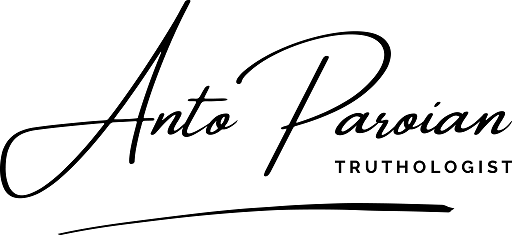Communication

This course provides a comprehensive analysis of research, theory, and practice in the key skill areas of communication, such as non-verbal communication, persuasion, perception, impression, assertiveness, self-concept, listening, and other linguistic difficulties.
The first part of this course introduces you to communications. The process of forming and understanding each other. We discuss what went wrong in conversations. Communication is based upon words and the combination of words into sentences. Languages consist of tens of thousands of signs, which are combinations of form and meaning.
Due to the growth of cultural diversity within Western societies, the communication process is an integral part of the culture in which it takes place. The focus is on key social identities: ethnicity, social class, gender, sexual identities, racial issues, discrimination, and stereotyping to name a few.
Can you imagine life without communication? No talking, no listening, no interacting with others? Communication is part of what makes us human. Many of us have experienced a problem with speaking or listening at some time in our lives.
We can now readily capture information and images wherever we go, and we can then share them with the world at the click of a mouse. This course will take a journey through the ways in which private lives are being exposed online, and it will examine the implications. People have profound new ways to communicate, yet the gossip, shaming, and rumors that are being spread online are sometimes having devastating effects on people’s lives. Many words and expressions are viewed as taboo. Together, we will explore a fascinating insight into taboo language and signs and its role in everyday life.
If there is one question that haunts the public relations industry it’s the question of ethics. Making consistently ethical decisions in a diverse world where cultures and values clash is not easy. We are constantly faced with issues of respect and stepping over the line in what we say or may say. I also clarify what humor is, why humor should be used in virtually any setting, how to use humor in your work successfully, appropriately, and without fear.
Are you a good listener? This is a highly valued soft skill sought by all employers. After all, people with this ability are more likely to understand tasks and projects, build strong relationships with co-workers, and also be able to solve problems and resolve conflicts. Carefully chosen words and crafted messages can actively create the mental images and mood needed to move people away from noncompliance and oppositional behavior and closer to comply with what we asked them to do. Effective persuasive discipline means that we are able to communicate using just the right words to get the positive outcome we intended. This collection of work-connected articles covers a wide range of the tools necessary to get employment, to do a good job and to progress.
How do you as a speaker choose what to speak about? Many speakers get stuck on this first step in creating a speech and spend way too much time trying to decide on a topic. By preparing an informative speech can be the difference between getting the job you want or overcoming that difficult relationship. Ultimately, a powerful connection with other people is what communication is all about. How do you as a speaker choose what to speak about? Many speakers get stuck on this first step in creating a speech and spend way too much time trying to decide on a topic. By preparing an informative speech can be the difference between getting the job you want or overcoming that difficult relationship. Ultimately, a powerful connection with other people is what communication is all about.

